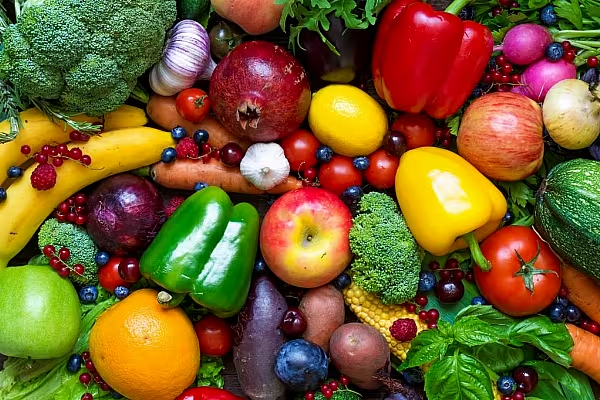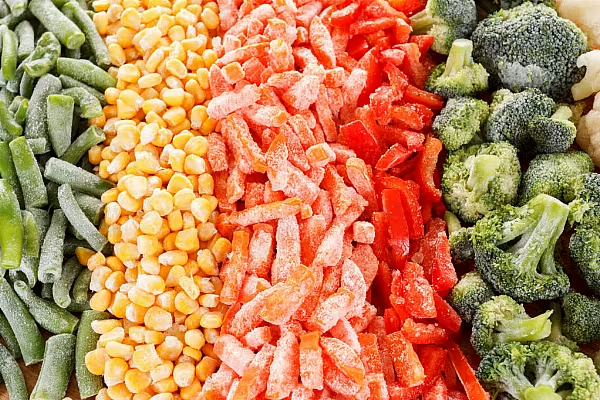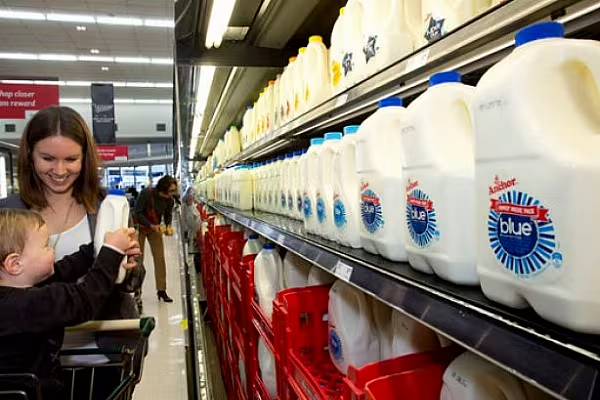Households in the European Union generate around 35 kilograms of fresh fruit and vegetable waste per person per year, 14 kilograms of which is avoidable, according to the EU's Joint Research Centre.
Fresh fruit and vegetables account for almost 50% of the food waste generated by EU households. This category also constitutes one-third of the total food purchases.
The study also found that on an average, 29% of fresh fruit and vegetables purchased by households in the EU is wasted.
Wasteful Behaviour
The study found large differences in the amount of avoidable and unavoidable waste generated by different countries.
UK households were found to generate more avoidable waste than their German counterparts, despite purchasing fresh vegetables in lesser quantities.
Consumption patterns and wasteful behaviour were found to be the primary reasons behind the amount of waste generated.
The study also found that countries that spend a higher percentage of their income on food generate less avoidable waste.
Avoidable waste comprises of discarded food that was edible at some point in time. Unavoidable waste includes food that is normally not edible, like peels, seeds or waste generated from cooking food.
Waste Reduction Strategies
The insights from the study could be applied for policymaking on the prevention and management of household food waste, the EU said.
Avoidable waste could be reduced by applying targeted prevention strategies. Unavoidable waste could be handled at the manufacturing stage and recycled for use in the circular economy.
According to an estimate by the UN's Food and Agriculture Organisation, one-third of the food produced globally for human consumption is wasted.
© 2018 European Supermarket Magazine – your source for the latest retail news. Article by Dayeeta Das. Click subscribe to sign up to ESM: European Supermarket Magazine.











